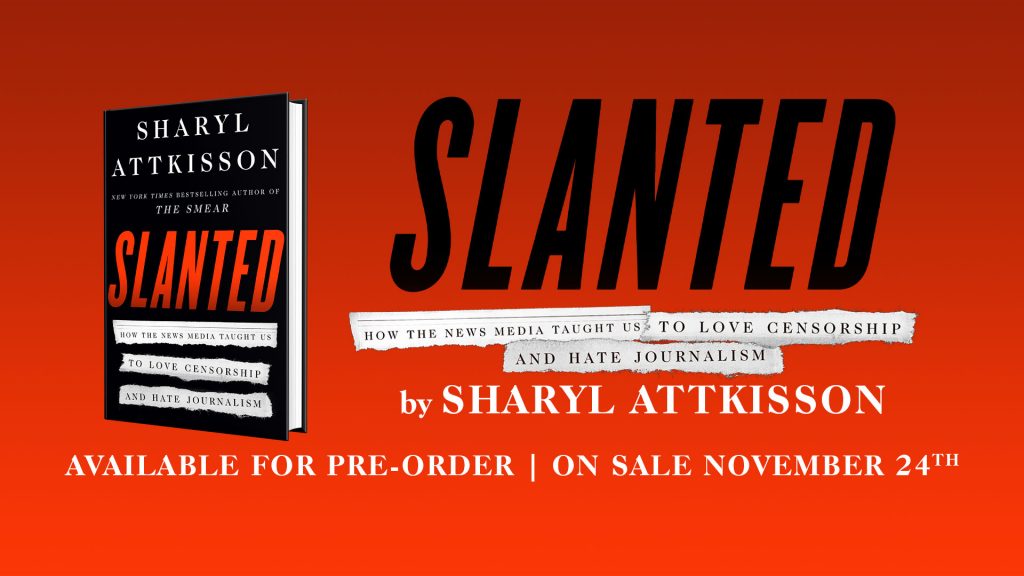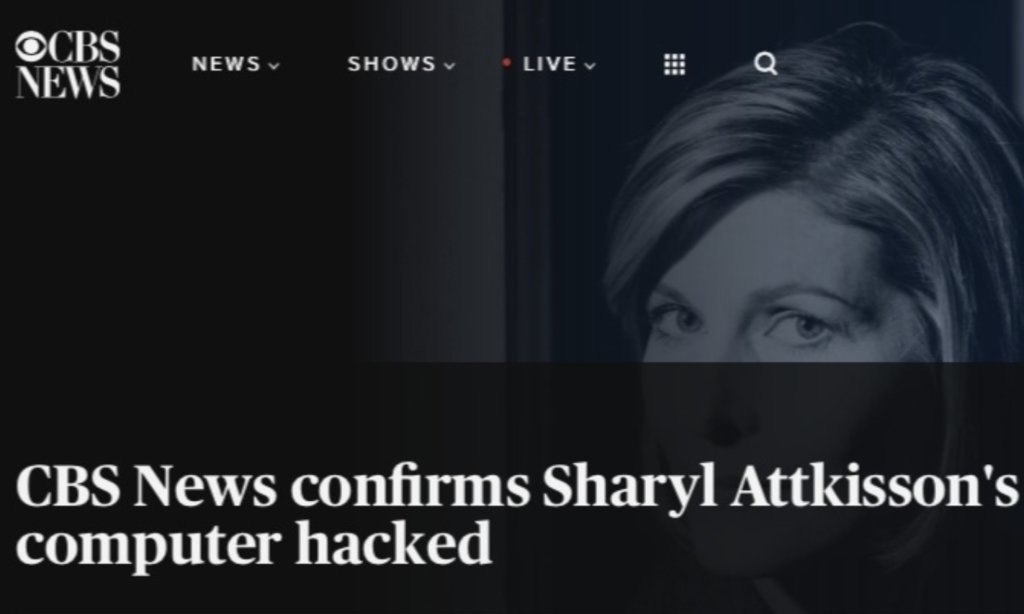
The following is a transcript of an investigative report on Full Measure News. Click on the link at the end of the transcript to watch the video story.
New York City is always on the move, but lately it’s people, businesses and banks doing the moving – to other states with lower individual, corporate and business taxes. With data from the 2020 census still pending, many New Yorker’s are bracing for the possibility the migration that began before the Covid pandemic could cause the Empire State to lose seats in Congress. Lisa Fletcher investigates what’s driving the exodus and why some choose to remain.
Pelham Bay Home Center, since 1991, a fixture on Westchester Avenue in the Bronx. Each shower head, each oven, each copper pipe, a milestone to owner John Scanlon.
John Scanlon: I have over a million dollars in inventory in the store. It took me 30 years to buy. I know the neighborhood and the products better than any internet or box store could ever understand it.
Lisa Fletcher: About 99 percent of the businesses in all five boroughs of New York are small businesses. They’re owned by folks like you. Is this something you always wanted to do?
John Scanlon: I worked for someone for a decade and said, “Hey, I could do this.” I love being my own boss. It’s like my American dream.
Still, the upside has its downside.
John Scanlon: It’s very hard to try to keep the boat above water on a constant level.
Between taxes…
John Scanlon: I own this building. The taxes are over fifty-thousand per year.
Regulations
John Scanlon: A beautiful woman walks in here and I said, “Can I help you?” She goes, “I just wanted to make sure that everything had the price sign.” I go, “What do you mean?” She goes, “I work for the city.” So I go, “What happens if it didn’t have the price?” “You would have got a fine.”
And ordinances that killed credits to landlords for fixing-up their buildings…
John Scanlon: All the landlords that were a good half of my business, stopped. They used to put in a new kitchen and bathroom, fix the place up you know and help keep the neighborhood viable.
The cost of doing business in New York City doesn’t always add up in the Bronx.
Lisa Fletcher: Are the laws and the taxation rates in New York taking the American dream away from people here?
John Scanlon: Absolutely.
Stories like Scanlon’s echo across the concrete canyons of this city, where businesses big and small are thinking twice about where they are conducting business.
Nationally the average business tax per employee is $6,500 dollars. In New York it’s nearly 63 percent more, at $10,400 dollars. Virginia, Florida, and North Carolina, by comparison, all below the national average.
The state has an onerous array of income tax brackets. Soon, top earners in New York could pay out as much as 15 percent, making it the highest in the nation.
And while higher taxes on higher earners may sound like a good revenue-generating option for the state, those businesses have options, too. Like the option to leave.
Investor Carl Icahn and another billionaire, Paul Singer, moved their respective company headquarters to Florida, where it’s been reported top exec’s at both JP Morgan Chase and Goldman Sachs are also open to relocating certain company divisions.
It’s not only the banks that could bail, the New York Stock Exchange is threatening to leave its namesake if the state legislature resurrects a 40 year old transfer tax on stock sales. Exchange president Stacey Cunningham writing bluntly in the Wall Street Journal, “If Albany lawmakers get their way, however, the center of the global financial industry may need to find a new home.”
John Scanlon: I wish a politician had their own business for a year, and would know how to deal with the small businesses.
Enter New York native Andrew Yang, a 2020 presidential candidate, now running for mayor of New York City. Yang is pledging to use the knowledge he gained launching start-up companies for the good of small business owners across.
Lisa Fletcher: Can there or should there be something that a New York City mayor could do to help small and large businesses alike?
Andrew Yang: I think the city needs to be a better partner and champion. When I talk to small business owners, they say they only hear from New York City to check up on whether they’re complying with various regulations. Instead, we should be reaching out to companies big and small to say, “Here are resources that are available. Is there any way we can help?”
Yang is one of some 40 candidates running to replace term-limited Mayor Bill de Blasio, who leaves office with a dubious legacy, including a loss of confidence by his police force, and more recently, by 150 New York based business leaders, claiming the mayor’s lack of decisive leadership opened the door to higher crime rates, and a declining quality of life, ultimately jeopardizing the city’s economic recovery, and their own bottom line.
Fight improper government surveillance. Support Attkisson v. DOJ and FBI over the government computer intrusions of Attkisson’s work while she was a CBS News investigative correspondent. Visit the Attkisson Fourth Amendment Litigation Fund. Click here.
In an open letter from September, 2020, they wrote, “There is widespread anxiety over public safety, cleanliness and other quality of life issues that are contributing to deteriorating conditions in commercial districts and neighborhoods across the five boroughs.”
De Blasio’s favorability among New Yorkers is low, too. Results of a Siena College poll taken in January show Rudy Giuliani and Mike Pence with more credibility than the Mayor de Blasio.
Yang’s ticket-rivals for the June primary include city Comptroller Scott Stringer, Brooklyn borough president Eric Adams, and Shaun Donovan, who served in former President Obama ’s administration. Guardian Angels founder and conservative radio host Curtis Sliwa among few Republicans candidates in the running for mayor.
Whoever voters elect in November will inherit a city in distress. Tourism evaporated, Broadway is dark, and restaurants and hotels have closed, leaving thousands unemployed and hacking millions of tax dollars from city and state budgets.
Murder rates climbed nearly seventy percent between 2019 and 2020. Year over year gun arrests surged more than 60 percent between february 2020 and 2021.
While crimes are rising, law enforcement veteran Howard Safir is hailed for reducing them in New York City
Howard Safir: We’re going back unfortunately to the bad old days.
Safir was Commissioner of the New York City Police Department under Mayor Rudy Giuliani. The duo is generally credited with raising the quality of life in the city through a “get-tough” approach.
Lisa Fletcher: What kind of city did you inherit in 1996 as police commissioner?
Howard Safir: A city in transition. There were over a 1,000 murders that year. When I left four years later, there were under 600. We were being heralded all over the world as being the safest large city in America. We drove drug traffickers out of New York and we used aggressive tactics to get guns off the street. Suddenly, Times Square, which was a den of iniquity when we got there, became a family friendly entertainment center.
Lisa Fletcher: Notwithstanding the pandemic, do you think there’s a connection between the way the city is being run and the exodus that we’re seeing?
Howard Safir: Absolutely. The exodus is because taxes are high, and services are low. If you’re somebody who has a company that you wish to survive, or a large company where you wish to attract talented employees, the answer today is not New York. It’s Florida, or Texas.
It’s a realization many New Yorkers and hundreds of others embraced well ahead of the pandemic, when between July 2018 and July 2019, an eye-opening 2,600 people left the New York City region each week, according to an analysis of U.S. Census data.
Andrew Yang: We can’t take anything for granted anymore. We can’t just say, “We’re New York City. Everyone needs to be here and is willing to pay a premium.” We’re going to have to make our case as a community in a way that, I think, is new and different.
Still, fresh ideas can benefit from sage advice. Safir offers this to whoever wins the mayoral election in November.
“I would tell them first, let the police be the police. Make it the way it was, the safest large city in America. Don’t overtax them. Don’t make everything burdensome.”
As for John Scanlon?
John Scanlon: If I knew what I knew now, man, I’d be a fireman. You work your 20 years, you get your pension. I come to work every day and do the best I can. And when you keep on getting chopped down, and chopped down, it’s very frustrating.
Sharyl (on-camera): In the near term, is there any hope in sight for New York City?
Lisa (on-camera): In the near term? No. Economically speaking, Albany has a lot of work to do to make New York competitive against the many red states nipping at its heels. This issue has been building for several years now and there is no quick fix.
Click on the link below to watch the video report on FullMeasure.news:
http://fullmeasure.news/news/cover-story/leaving-new-york









